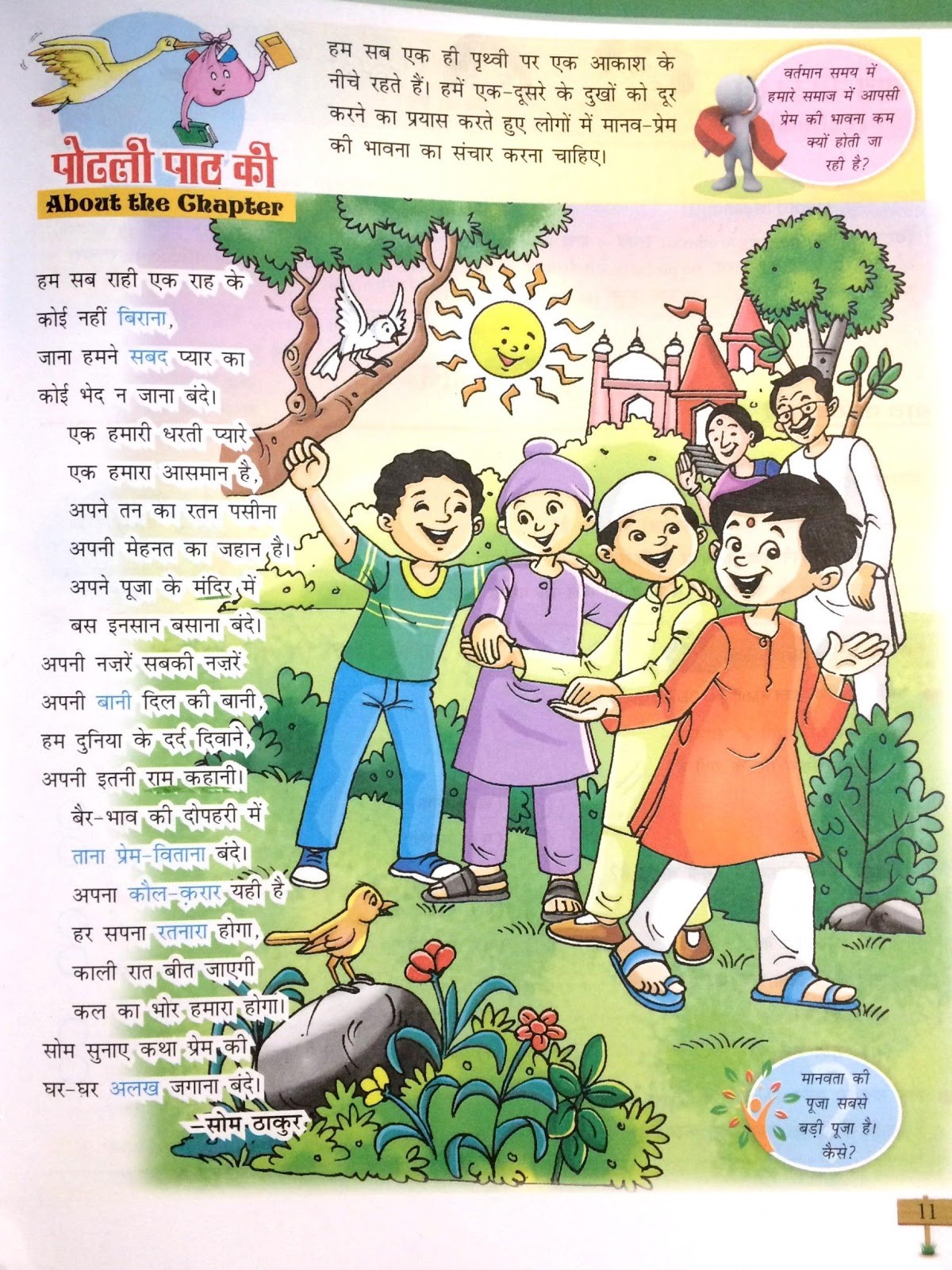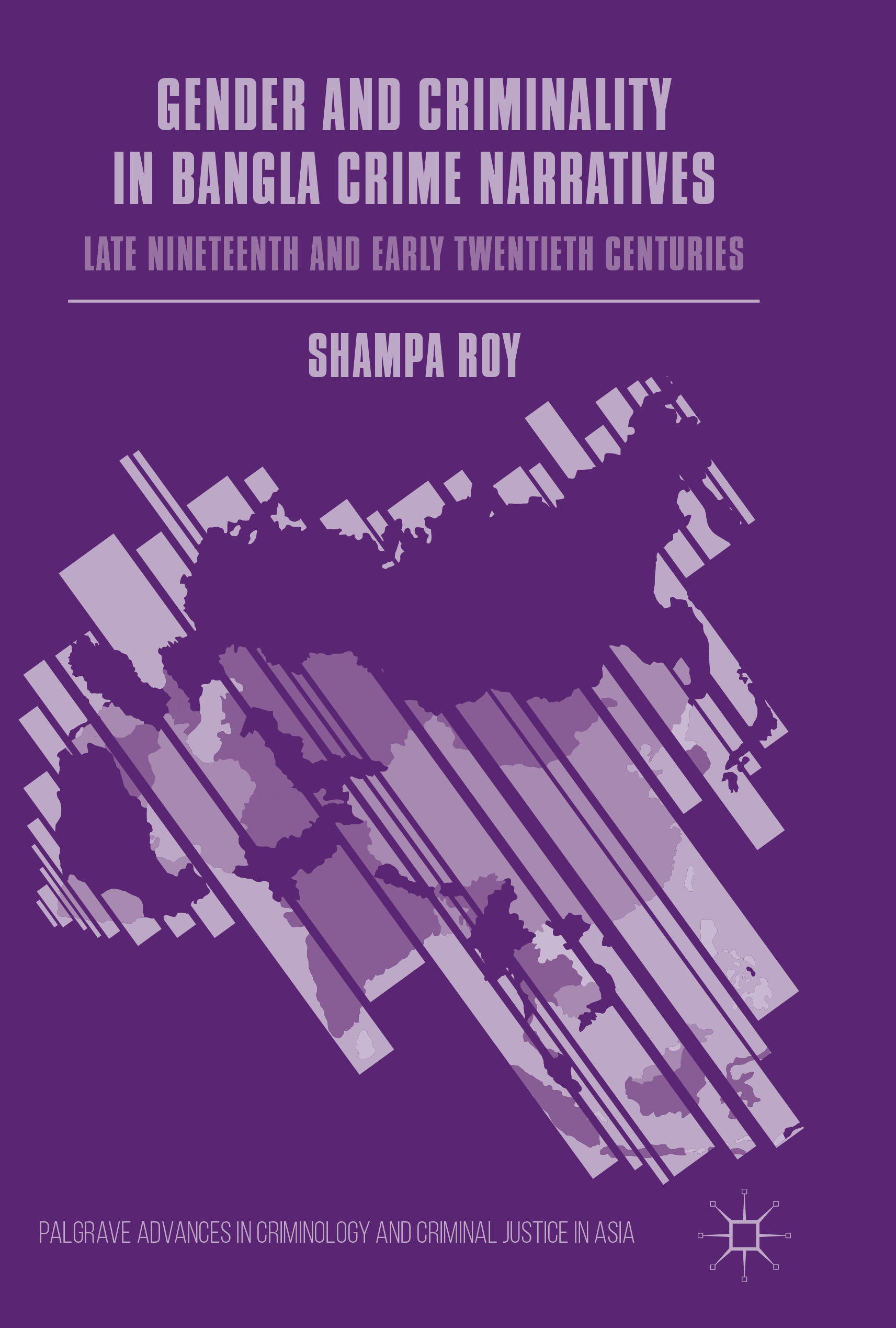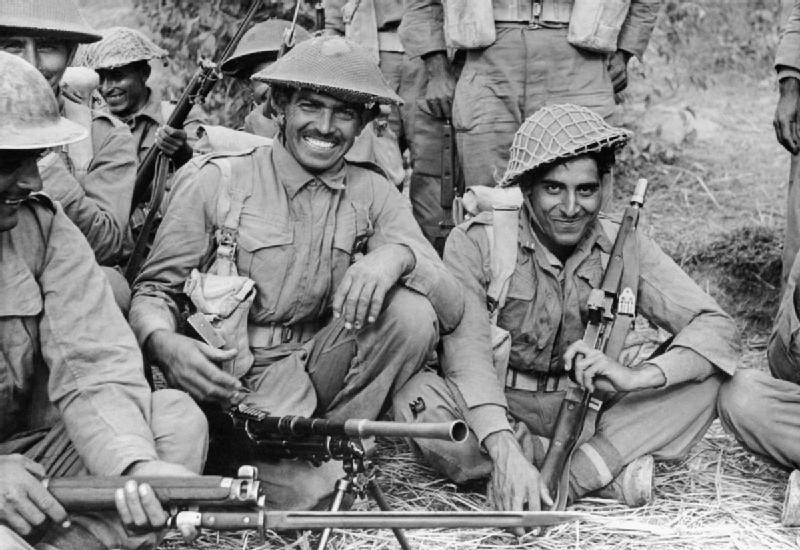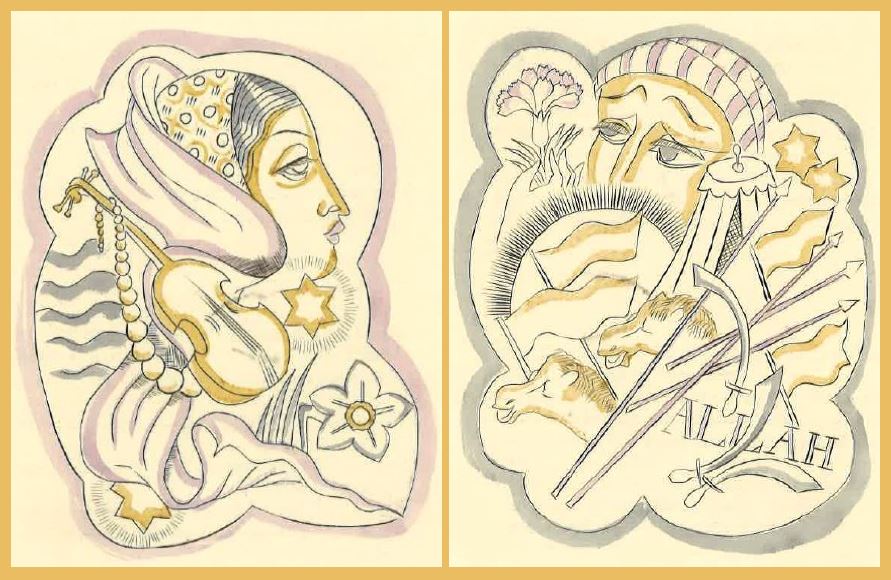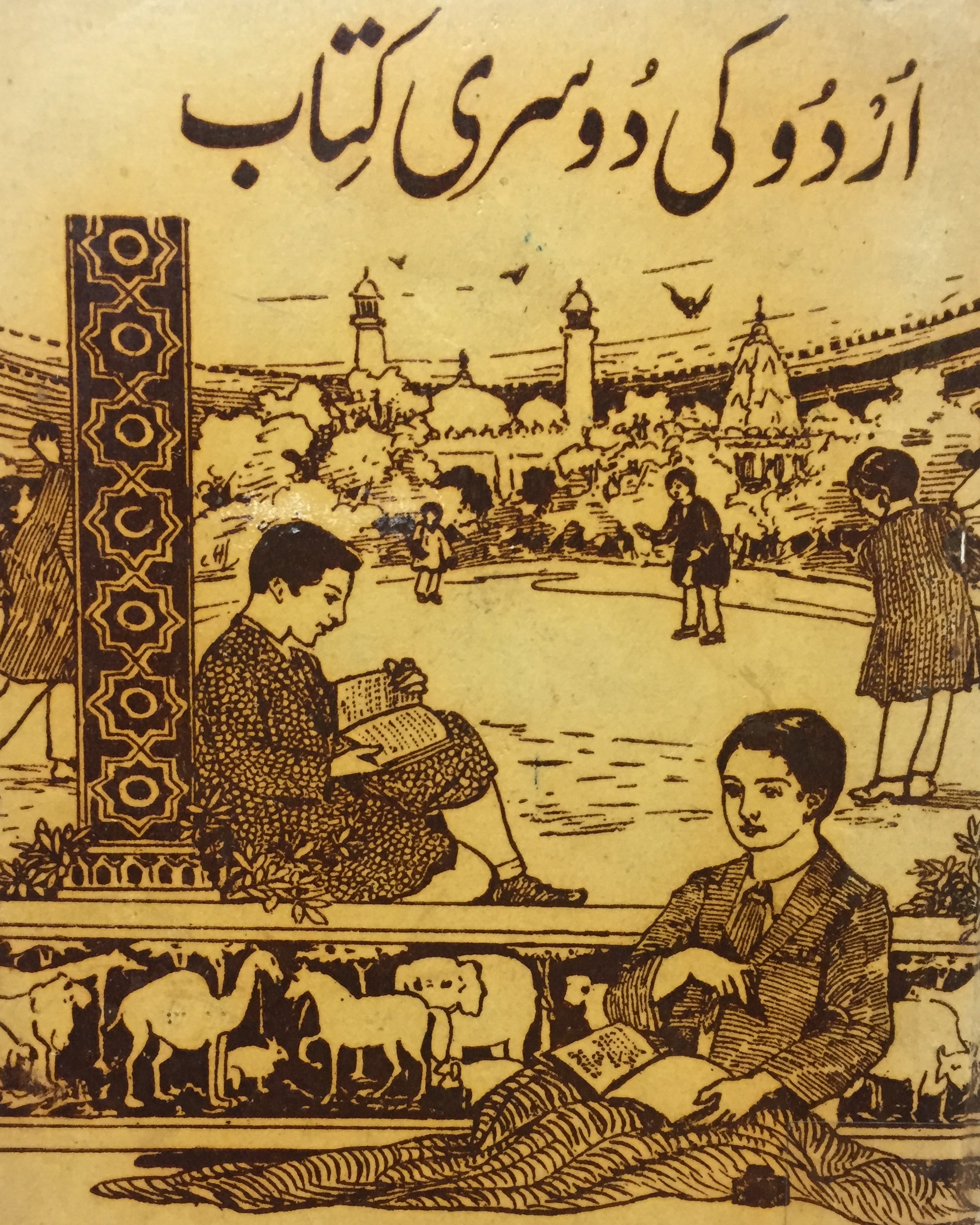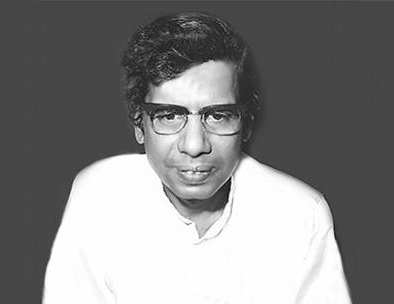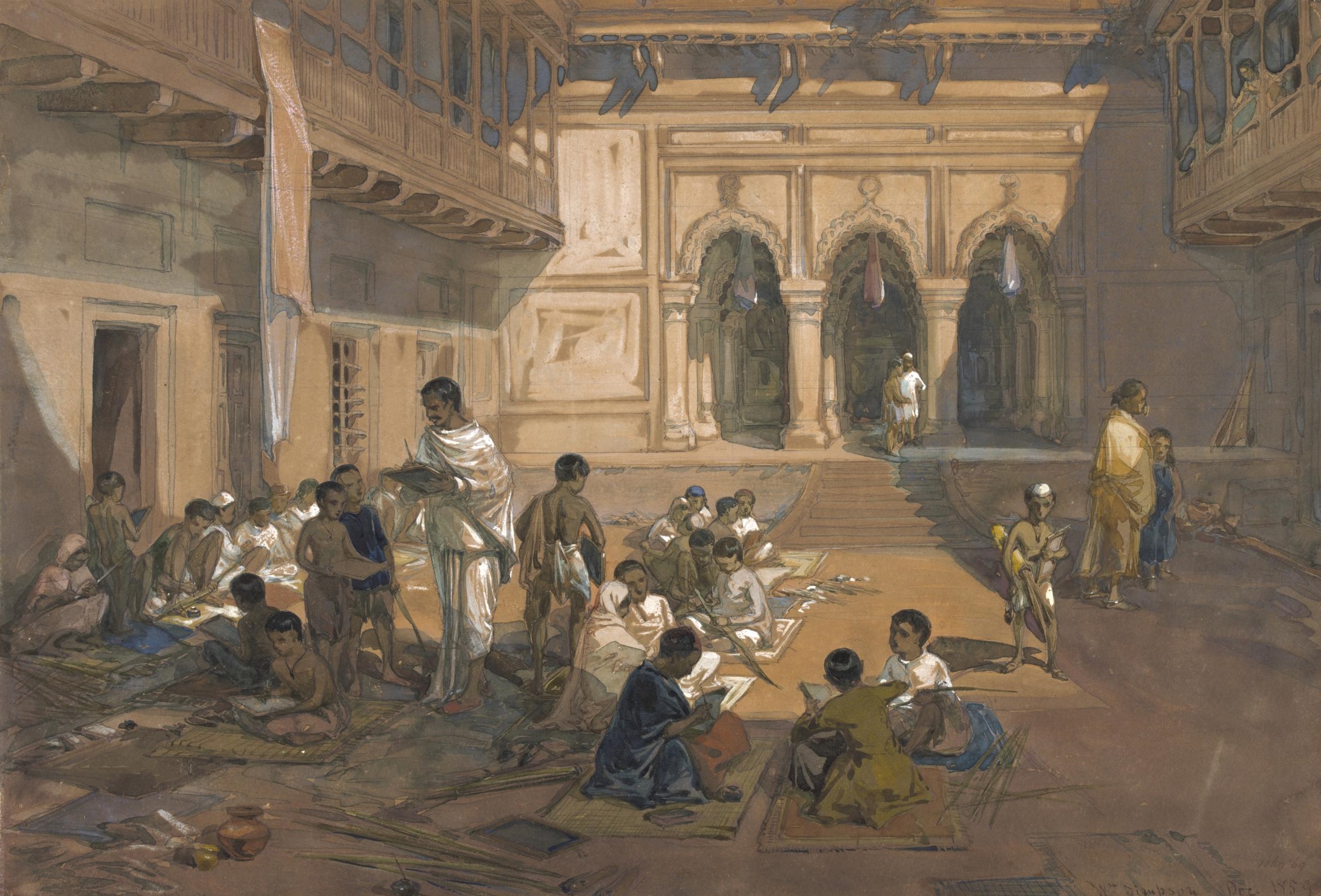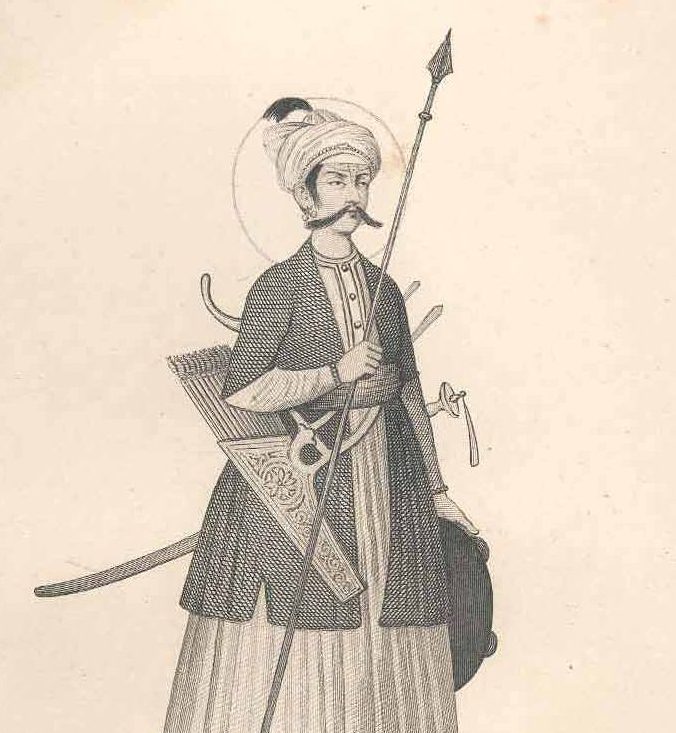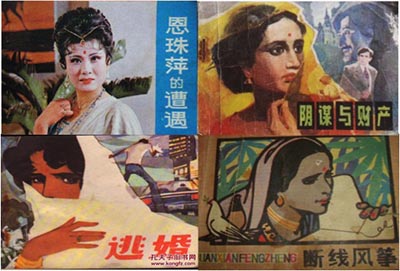Approaching colonialism from the perspective of precolonial literary multilingualism allows us to see it as intervening into already dynamic fields of world literature.
A Textbook Example: How English schools shape views of Hindi Literature
Shonali Jindal investigates whether a fundamental difference exists in the treatment of Hindi and English Literature in English-medium textbooks in contemporary India.


